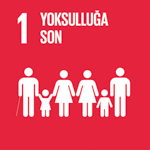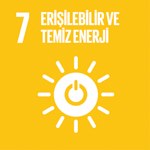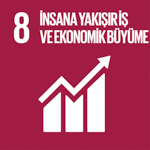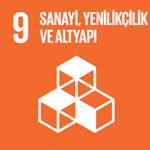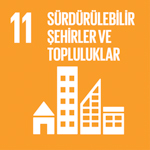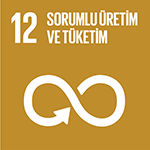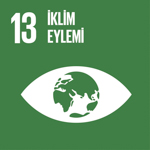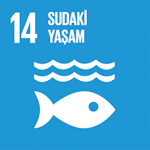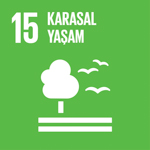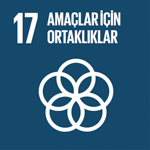Hakkımızda
Metrikler
Sustainability addresses the ability of societies to maintain quality of life while preserving the quality and availability of its natural resources. The CE-SUSTAIN research group comprises of Department of Civil Engineering faculty having expertise in different disciplines of civil engineering , namely, structural engineering, construction materials, geotechnics, transportation, construction management and engineering, coastal and ocean engineering, hydraulics and water resources. In collaboration with national and international partners, the objective of CE-SUSTAIN is to find solutions for sustainability challenges in the built environment employing a multidisciplinary approach. CE-SUSTAIN’s mission is to develop engineering solutions, innovative design and construction methods as well as technologies to help achievement of Sustainable Development Goals.
Based on its constructive research vision, CE SUSTAIN seeks collaboration from all stakeholders such as public and private organisations, NGOs and active dialogue with all parts of society to integrate participatory processes into the solutions to sustainability problems of today and future. Research, development and innovation projects are developed by CE-SUSTAIN to secure funding from national and international organisations. Particular importance is given to demonstration projects carried out in collaboration with ministries and municipalities.
One of the strategic goals of CE-SUSTAIN is to enable research informed learning on sustainability issues in the CE curriculum and support awareness of students on role of civil engineering for a sustainable future. CE-SUSTAIN integrates diverse expertise of its members to supervise multidisciplinary graduate studies on sustainability themes and aims to increase the number and quality of thesis conducted on this topic. Involvement of both graduate and undergradute CE students in research activities is particularly encouraged.
Some of the topics of interest are ;
• Sustainable buildings, transportation systems, infrastructure and cities
• Sustainable construction materials and methods
• Sustainable design, construction, operation and renovation of buildings
• Sustainable development processes, regulations, finance and governance
• Design for deconstruction
• Management of construction waste
• Construction industry’s role in circular economy
• Construction 4.0 : Digital Technologies
• Analytical models and simulation
• Life cycle assessment
• Assessment of sustainability
• Offsite Construction, Modern Methods of Construction and Additive Manufacturing
• Renewable energy
• Climate change and adaptation of cities and civil engineering projects
• Resilient cities and civil engineering projects (natural disasters)
